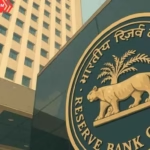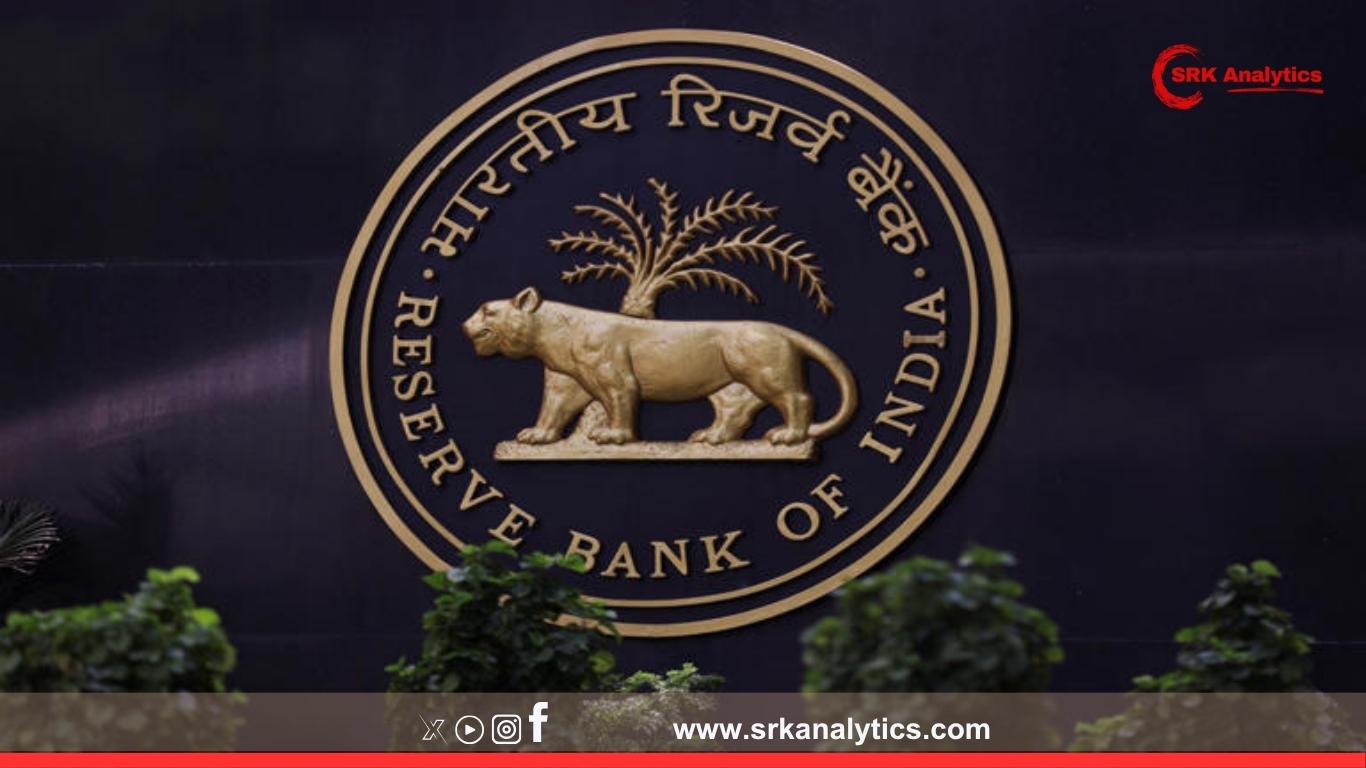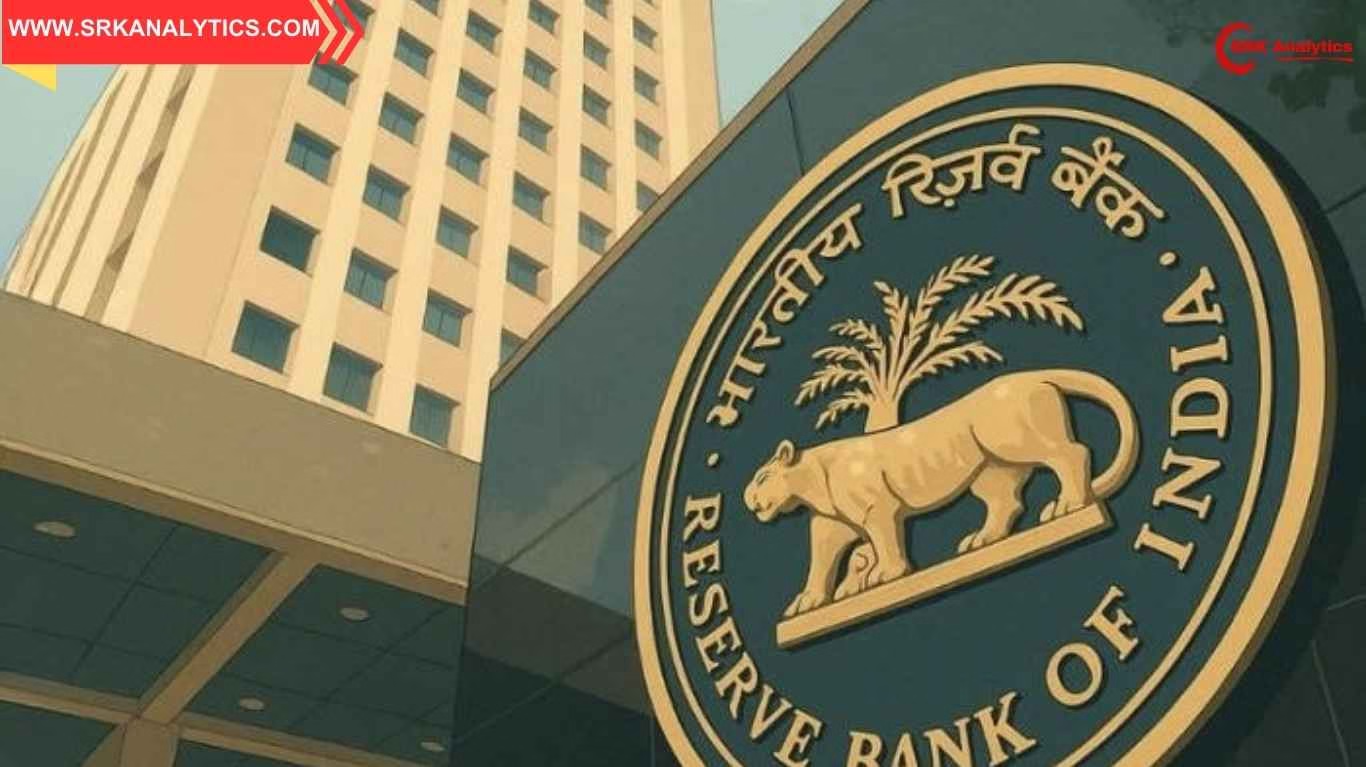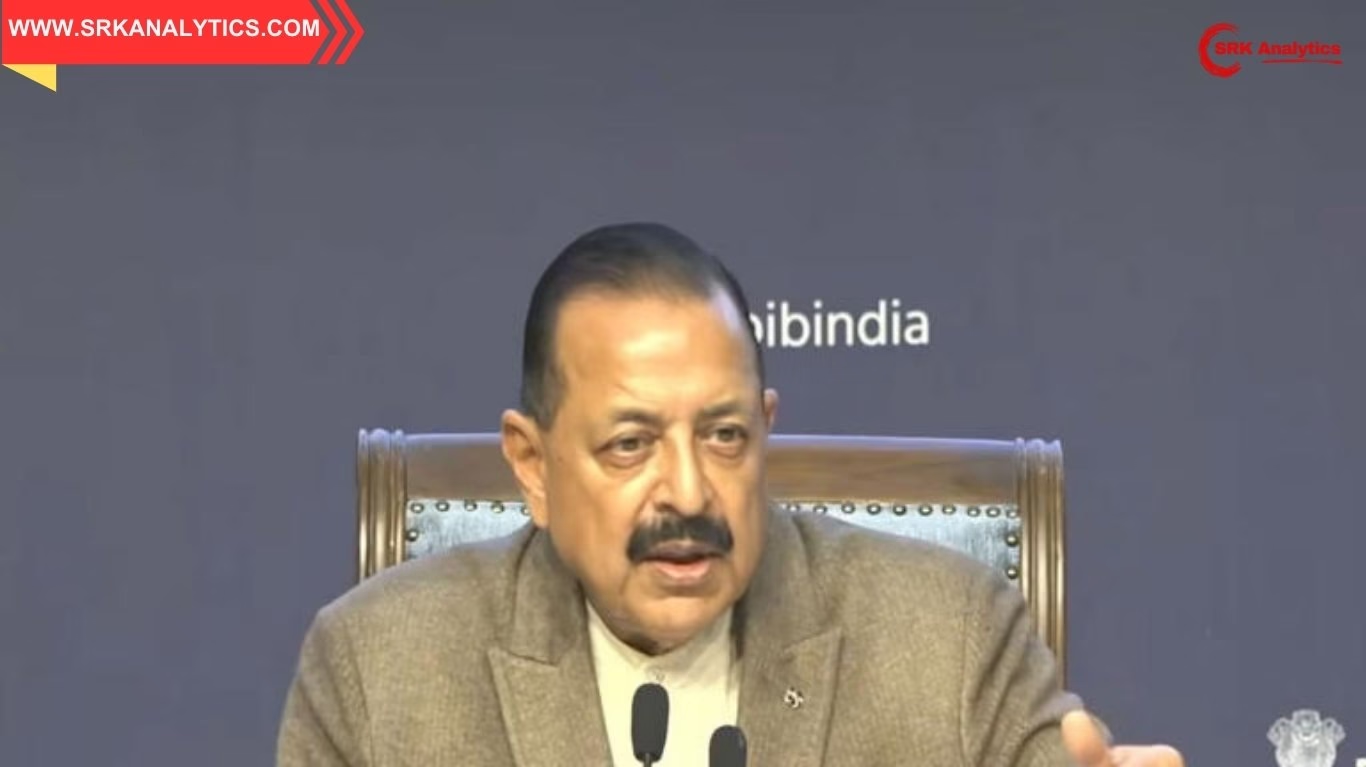In a significant consumer-friendly move, the Reserve Bank of India (RBI) recently barred banks and non-banking financial companies (NBFCs) from charging foreclosure or prepayment penalties on loans extended to individual borrowers for purposes other than business. This decision is set to benefit millions of small borrowers across India, reducing their overall debt burden and enhancing financial flexibility.
What Is Foreclosure Fee?
Foreclosure or prepayment charges are penalties levied by lenders when borrowers choose to repay their loans partially or fully before the scheduled tenure ends. The charges typically range from 2% to 5% of the outstanding principal, acting as a disincentive against early repayment which impacts the lender’s expected interest income.
RBI’s New Directive At A Glance
| Parameter | Previous Rule | New Rule |
|---|---|---|
| Applicability | Foreclosure charges levied on personal, vehicle, education, gold, and other non-business loans | No foreclosure charges allowed on individual loans for non-business purposes |
| Effective From | Variable across lenders | Immediate effect as per RBI notification |
| Lenders Covered | All banks, NBFCs, housing finance companies | All regulated entities under RBI |
The move comes after repeated complaints from borrowers about being penalised despite repaying loans ahead of schedule, which defeats the principle of responsible credit culture.
Why Did RBI Stop Foreclosure Fees For Small Borrowers?
- Consumer Protection: RBI aims to ensure fairness and transparency in retail lending. Penalising borrowers for early repayment was seen as exploitative and anti-consumer.
- Encouraging Repayment Discipline: Removing prepayment penalties incentivises borrowers to clear their debts early whenever they have surplus funds, reducing household leverage risks.
- Financial Inclusion: High foreclosure charges disproportionately affected small borrowers who often repay loans early from windfall incomes, harvest proceeds, or family savings.
- Promoting Competition: Lenders used foreclosure fees to lock-in customers, reducing credit mobility. The ban encourages healthy competition by allowing borrowers to switch lenders for better rates.
- Alignment With Global Practices: Many advanced markets prohibit or restrict prepayment penalties to enhance borrower rights and market efficiency.
Loans Benefitting From The Move
| Loan Type | Average Foreclosure Charges Before Ban | Benefit To Borrower |
|---|---|---|
| Personal Loans | 3-5% of outstanding | Saves ₹3,000-5,000 per lakh prepaid |
| Two-wheeler & Vehicle Loans | 2-4% | Enables faster ownership transfer or refinance |
| Gold Loans | 1-2% | Facilitates early redemption for gold security release |
| Education Loans | Up to 2% | Helps students clear dues with job incomes |
| Consumer Durable Loans | 0-3% | Reduces cost of early loan closure |
RBI’s Official Statement
RBI clarified:
“Banks and NBFCs shall not charge foreclosure or prepayment penalties on loans sanctioned to individual borrowers for purposes other than business. This measure will empower borrowers to make repayment decisions in their best financial interest.”
Impact On Borrowers
- Lower Cost Of Credit: Small borrowers can now clear loans without worrying about prepayment charges eating into their savings.
- Improved Credit Score: Early closure of loans enhances creditworthiness and CIBIL scores for future borrowing.
- Better Financial Planning: Households can prioritise debt repayment without artificial penalties impacting their cash flow management.
Impact On Banks & NBFCs
| Positive Impact | Negative Impact |
|---|---|
| Enhances customer trust and loyalty | Loss of additional non-interest fee income |
| Promotes responsible credit behaviour | Possible decline in loan book interest yields if prepayments rise sharply |
| Encourages competitive product design | May need to recalibrate interest rate structures |
Expert Opinions
| Expert | Organisation | Comment |
|---|---|---|
| Adhil Shetty | CEO, BankBazaar | “This is a big relief for borrowers. Foreclosure charges were effectively an unfair penalty on disciplined customers.” |
| Madan Sabnavis | Chief Economist, Bank of Baroda | “While it reduces lender income marginally, it will boost overall credit culture and market efficiency.” |
| Raj Khosla | Founder, MyMoneyMantra | “Borrowers must use this opportunity to reduce high-cost debts faster and improve their personal balance sheets.” |
Historical Context: Foreclosure Fees In India
Previously, RBI had abolished prepayment charges on floating rate home loans in 2012 to encourage interest rate mobility. However, similar relief was not extended to other loan segments until now, despite persistent consumer grievances.
Global Practices On Foreclosure Fees
| Country | Practice |
|---|---|
| USA | Most mortgages allow prepayment without penalty; some fixed loans have restrictions |
| UK | Early repayment charges apply on fixed-rate loans but are capped and disclosed upfront |
| Australia | Exit fees on loans banned since 2011 to promote borrower mobility |
| Singapore | Varies by lender, generally 1-1.5% on fixed-term loans |
Social Media Buzz
- “Finally RBI puts an end to this unfair foreclosure penalty. A win for small borrowers.”
- “Prepayment charges always discouraged me from closing my loans early. Now I can plan debt-free living better.”
- “Banks need to innovate rather than penalise customers for repaying responsibly.”
Challenges In Implementation
- Ensuring Compliance: RBI will need strict supervision to ensure banks and NBFCs update their policies and loan documents immediately.
- Awareness Among Borrowers: Many borrowers are unaware of their rights. Financial literacy efforts must highlight this new benefit.
- Lender Adjustments: Lenders may tweak interest rate structures to compensate for loss of fee income.
Steps Borrowers Should Take Now
- Review existing loans for any foreclosure charge clauses.
- Seek written clarification from lenders on updated foreclosure fee waivers.
- Prioritise early repayment of high-interest unsecured loans to reduce overall debt burden.
- Check credit scores post prepayment to ensure timely updation by lenders.
Future Outlook
This move is expected to:
- Enhance retail credit quality by lowering household leverage risks.
- Improve borrower-lender trust, boosting financial inclusion.
- Encourage borrowers to switch to better loan products or refinance at lower rates, driving market competitiveness.
- Possibly pave the way for similar consumer-friendly reforms in other areas like credit card interest capping or BNPL product disclosures.
Conclusion
The RBI’s decision to abolish foreclosure and prepayment charges on loans to individual borrowers for non-business purposes marks a landmark consumer protection reform. It empowers India’s small borrowers to make debt repayment decisions aligned with their financial goals, without being penalised for responsible credit behaviour. As banks and NBFCs adapt to this new regulatory landscape, the move is expected to strengthen India’s retail lending ecosystem with enhanced fairness, transparency, and economic resilience.
Disclaimer
This news article is prepared for general business news dissemination based on RBI announcements, market data, and expert inputs. Readers are advised to consult certified financial advisors or credit counsellors for personalised advice before taking any financial decisions related to loan prepayments or refinancing strategies.











